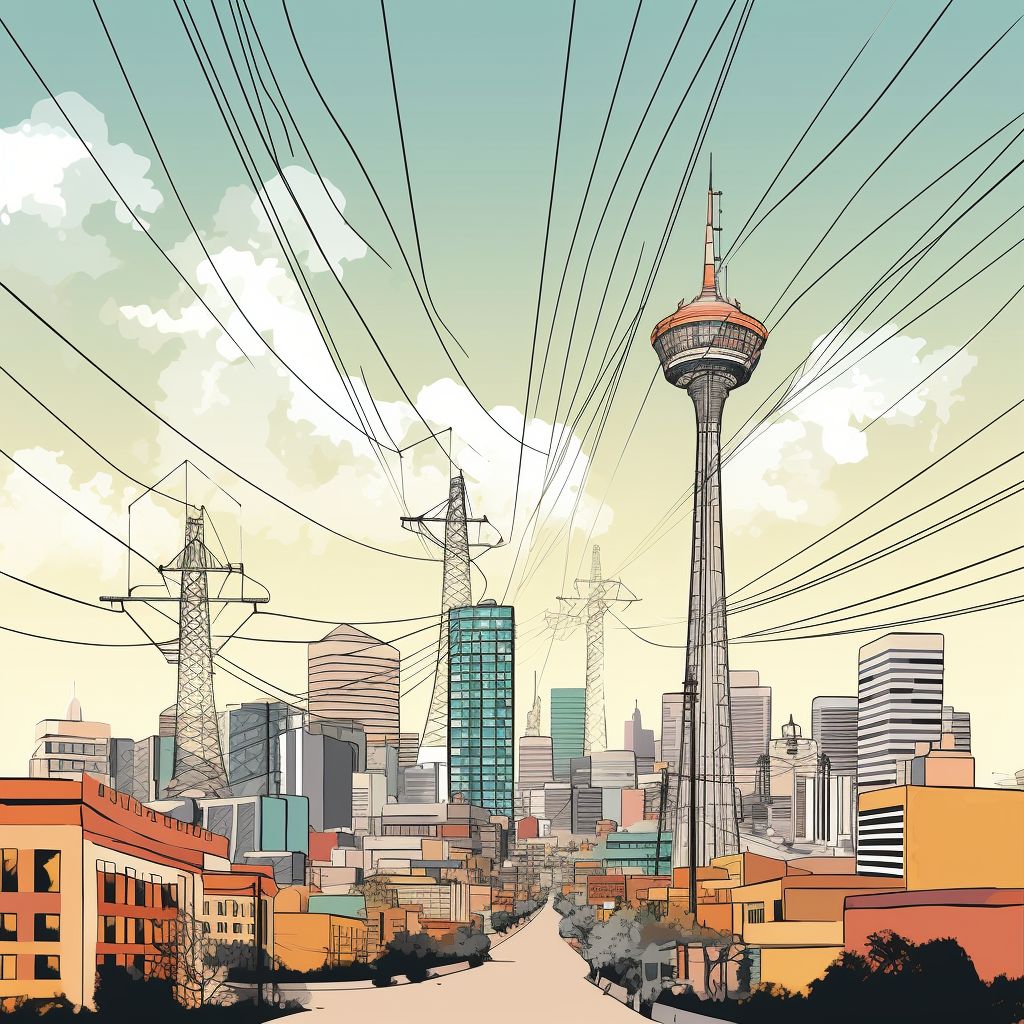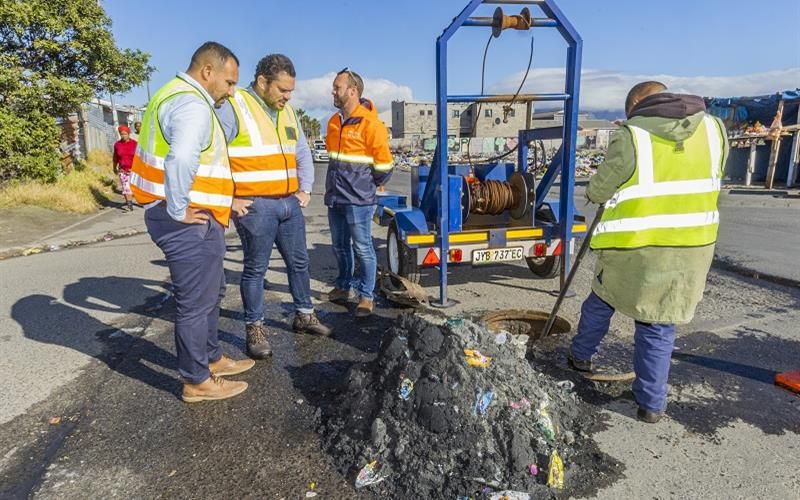The South African government has recently launched Operation Vulindlela, a collaborative initiative between the Presidency and the National Treasury. Its primary objective is to speed up the implementation of structural reforms in network industries like electricity, water, transport, and digital communications. With its focus on modernization and transformative change, Operation Vulindlela aims to support economic recovery and long-term growth.
Progress Made So Far
Minister Khumbudzo Ntshavheni, Minister in the Presidency, has been briefing the media on the progress made in implementing Operation Vulindlela. In a media briefing held on May 30, 2022, the Minister provided updates on the initiative’s implementation. The briefing took place at the Ronnie Mamoepa Media Centre in Pretoria, with streaming details communicated to the media.
Services Offered by Operation Vulindlela
Operation Vulindlela offers various services to residents and organizations to encourage growth and development. Its services cover various aspects of life, such as education, health, and employment. The government is also providing support for businesses by offering incentives and assistance in navigating the legal landscape.
Extending Services to Foreign Nationals
Operation Vulindlela extends its services to foreign nationals by providing temporary and permanent residence options. This aspect of the program aims to attract skilled individuals who can contribute to South Africa’s growth and development. Consequently, the initiative is helping to build a more diverse and inclusive society.
Collaboration for Success
The success of Operation Vulindlela will depend on the collaboration between different stakeholders, such as the government, private sector, and citizens. The government’s commitment to transparency and accountability is evident in the regular updates provided by Minister Ntshavheni and her team. The media also has a crucial role in keeping the public informed and engaged.
Operation Vulindlela represents a crucial step in South Africa’s journey towards economic recovery. By focusing on structural reforms and modernizing key industries, the government is laying the groundwork for future growth and prosperity. With the ongoing efforts of all stakeholders, Operation Vulindlela has the potential to usher in a new era of economic stability and success for South Africa.










